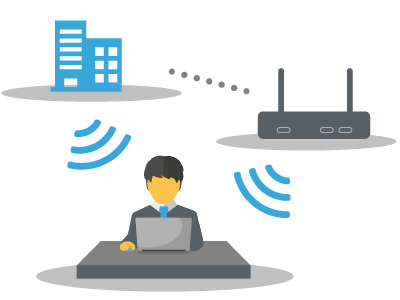
The past decades have witnessed tremendous advances in wireless communications and networks, leading to a plethora of wireless devices, systems, infrastructures, and services. Wireless access has become indispensable in our society for water and power supplies. The wide use of wireless devices, such as smartphones, has not only greatly increased the volume but also changed the composition of wireless data, from voice to multimedia. Consequently, there has been a compelling need for new wireless technologies to enable high capacity, low delay, Quality of Service (QoS)/Quality of Experience (QoE) aware future generations of wireless systems. On the other hand, the ubiquitous wireless infrastructure and mobile computing devices also provide the basis for great innovations in wireless services and applications.
Since its inception in 2001, the Wireless Engineering Research and Education Center has been dedicated to address the challenges in wireless engineering and has contributed to advancing wireless systems and applications. The center's faculty consists of faculty members from the departments of electrical and computer engineering, computer science and software engineering, and mathematics and statistics, with a rich research program ranging from RFIC and low power IC design, wireless systems and networks, and wireless security and privacy, to RF sensing, wireless multimedia, and robotic applications. The center's research can be roughly categorized into the following five areas:
- Wireless Device, IC Design and Testing;
- Wireless Communications and Networks;
- Wireless and cyber security and privacy;
- Wireless applications;
- Statistics and machine learning for wireless.
The center's research program has been funded by the National Science Foundation, the Department of Defense, and private industry. In addition to fundamental wireless research, our faculty work closely with the industry and defense agencies/contractors on industry-sponsored projects and technology transfer. The center has access to many state-of-the-art facilities, which are indispensable for successful completion of various wireless research projects. Please see the "research areas" and "affiliate labs" pages for more information.
accessibility fix
Recent Research News

Faculty, staff recognized at Engineering Research Awards banquet
9/12/25 9:15 AM
The awards recognize outstanding contributions that exemplify innovation, collaboration and real-world impact
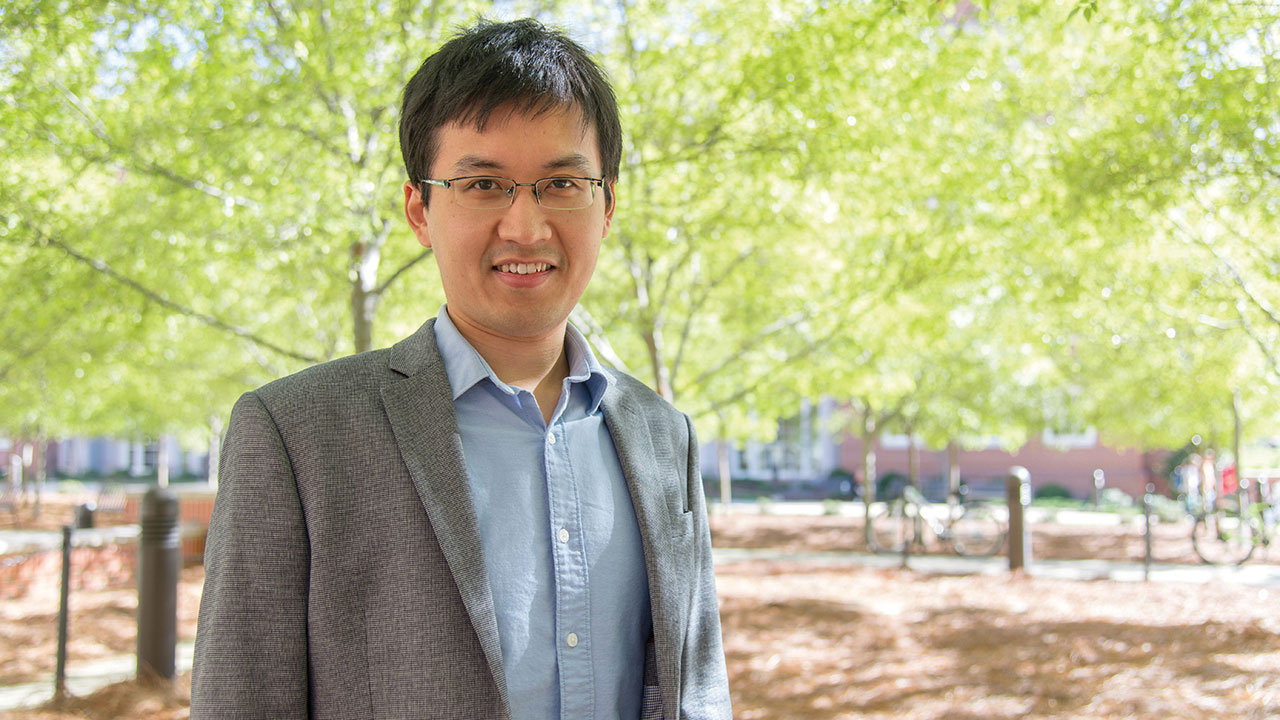
Associate professor in ECE advances artificial intelligence collaboration across devices regardless of connection speed
9/5/25 1:30 PM
Xiaowen Gong demonstrates how smart devices can collaborate to build better AI models regardless of connection quality, turning network limitations from a barrier into a manageable constraint.
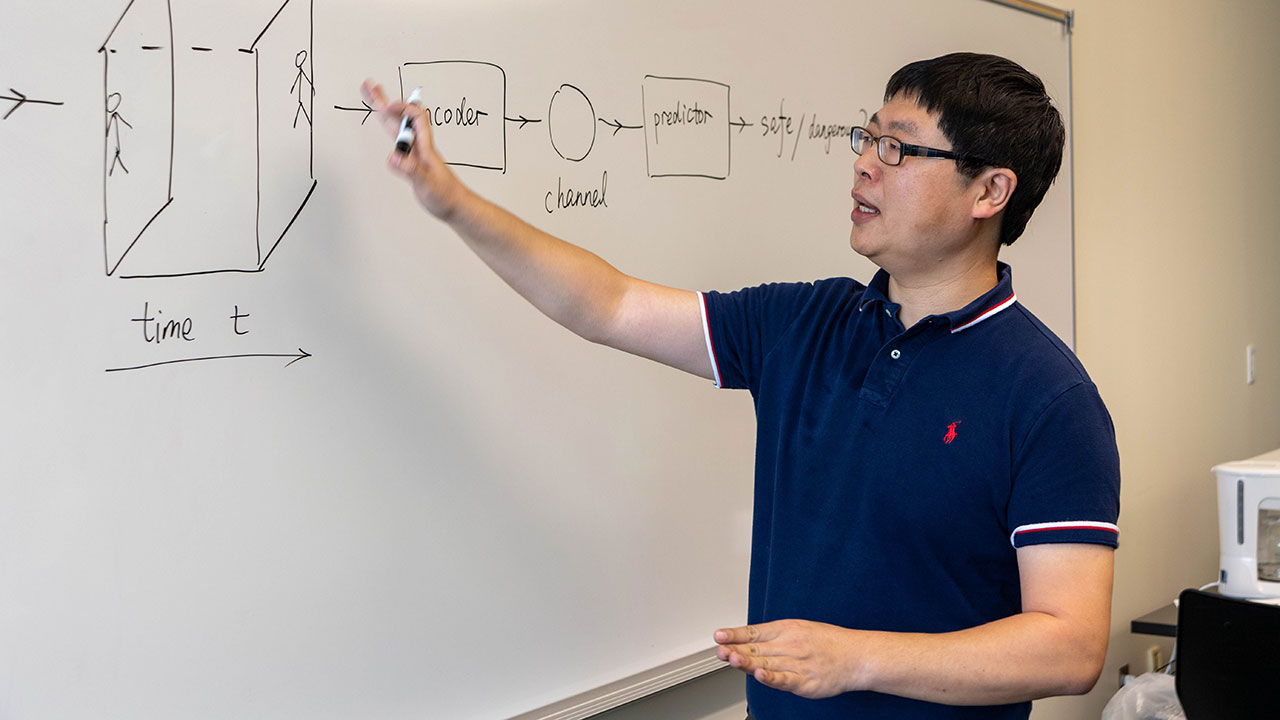
Associate professor in electrical and computer engineering earns co-authored IEEE Best Paper Award
8/27/25 7:30 AM
Yin Sun won the Institute of Electrical and Electronics Engineers Communications Society William R. Bennett Prize for his co-authored paper, “Timely Communications for Remote Inference.”
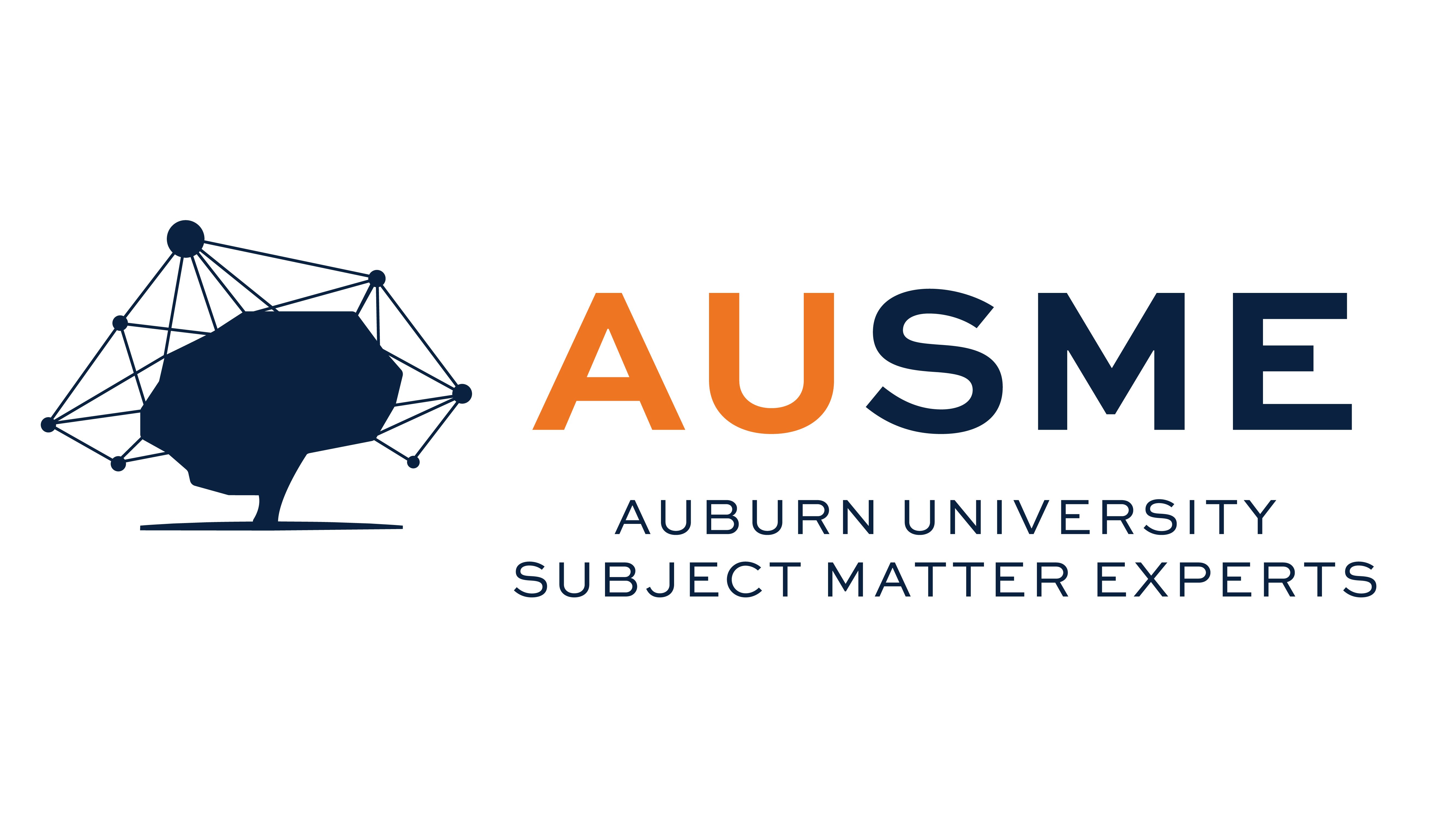
College launches novel internet tool designed to foster research collaboration across multiple disciplines
7/3/25 8:15 AM
AUSME is a searchable, artificial intelligence-powered tool that transforms how researchers discover one another, form collaborations and pursue complex, cross-disciplinary challenges.

Associate professor in ECE shares thoughts on data significance as conference keynote speaker
6/5/25 7:00 AM
At the 2025 WiOpt conference in Linkoping, Sweden, Yin Sun introduced a framework for quantifying data significance using information-theoretic metrics.
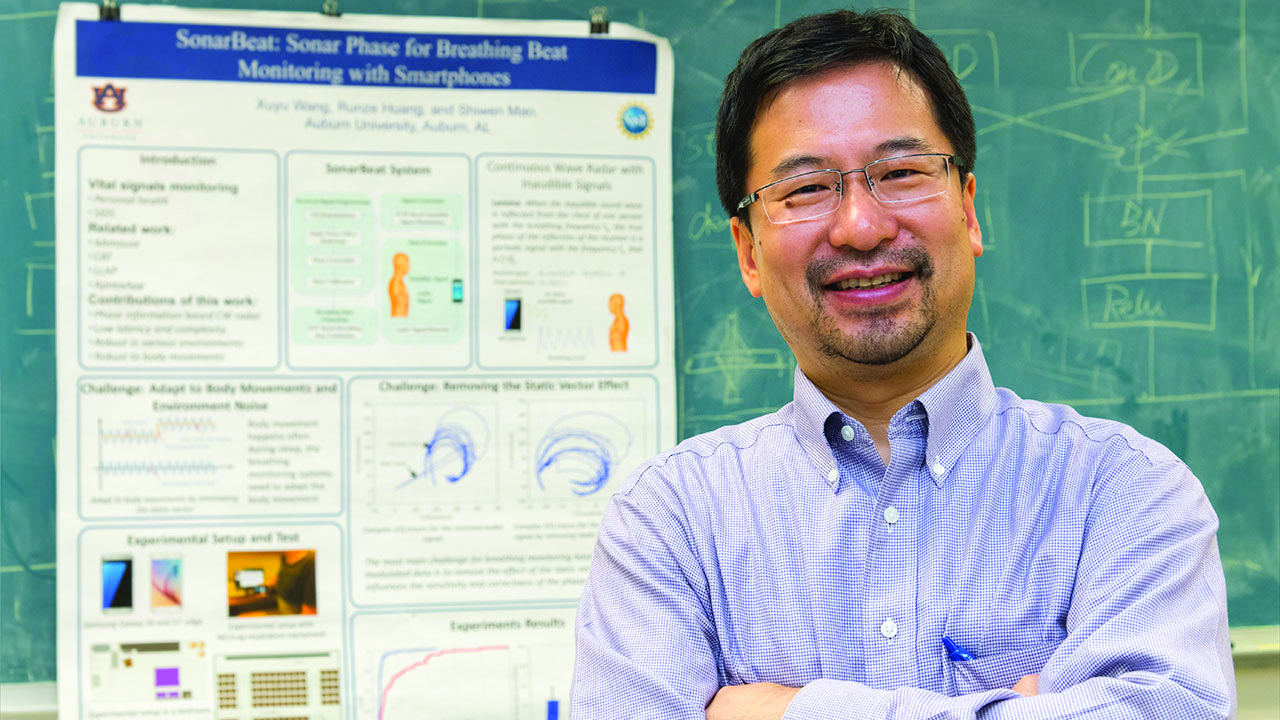
Professor in ECE believes XR platforms can be wireless without compromising quality
1/9/25 12:30 PM
Shiwen Mao was awarded a three-year, $170K National Science Foundation grant

